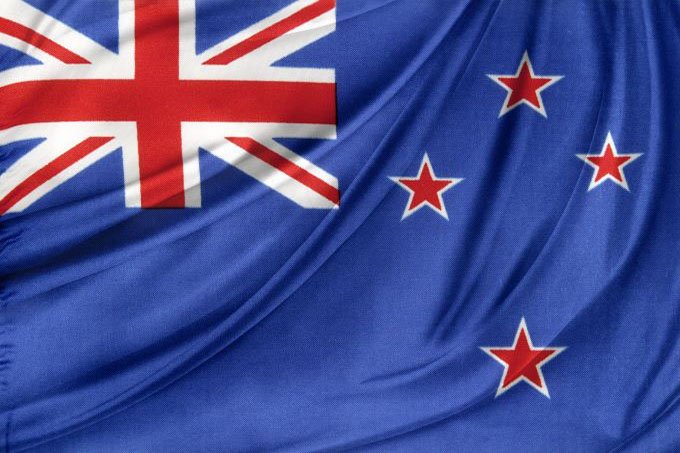 The Reserve Bank of New Zealand recently announced its decision to leave its monetary policy stance unchanged, announcing that interest rates will remain at 0.25%, in keeping with expectations.
The Reserve Bank of New Zealand recently announced its decision to leave its monetary policy stance unchanged, announcing that interest rates will remain at 0.25%, in keeping with expectations.
The bank announced that it would continue with its loose monetary policy stance until it reaches its unemployment and inflation targets, though it implied that it may hike the rates in the second half of next year. The bank expects the cash rates to reach the 1.5% level by the end of 2023 and 1.78% by the end of the following year.
The RBNZ’s approach contrasts heavily with that of the US Federal Reserve, which signaled that it is not planning to increase the cash rates until the beginning of 2024, though it must be highlighted that the bank is planning to do so as long as the economy recovers as expected.
Despite economic growth having slowed down over the summer, employment levels have remained somewhat stable, while domestic economic activity continues being supported by the government's fiscal measures.
"While economic growth in New Zealand slowed over the summer months following an earlier strong rebound, construction activity remains robust," commented Reserve Bank Governor Adrian Orr. "The aggregate level of employment has also proved resilient, while fiscal spending continues to support domestic economic activity.”
According to the bank, the global economic outlook continues to improve, mostly because of the fiscal and monetary aid which the different governments are currently providing. This has pushed global demand, which has had a positive effect on New Zealand's export prices.
Nevertheless, economic recovery is still highly dependent on the containment of the COVID-19 virus, which so far has infected 168,582,231 people across the globe, leading to 3,501,443 deaths. New Zealand remains one of the least affected countries in the world, with 2,669 confirmed cases since the beginning of the pandemic, including 26 deaths.
Regarding inflation, the bank is confident that it will remain controlled, and that the recent spike in prices will be temporary and won't be structural like some believe. The bank is looking to keep its current monetary policy settings until consumer prices reach their 2% yearly target which, according to their assessment, will require a considerable amount of time and patience.
Since the beginning of the week, the New Zealand dollar has advanced by 1.76% against the greenback. By 12:58 GMT, the Kiwi gained 1.01% against the US dollar to the 0.7300 level and posted gains for the third consecutive day.

